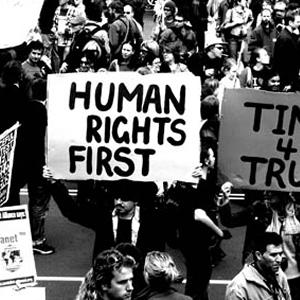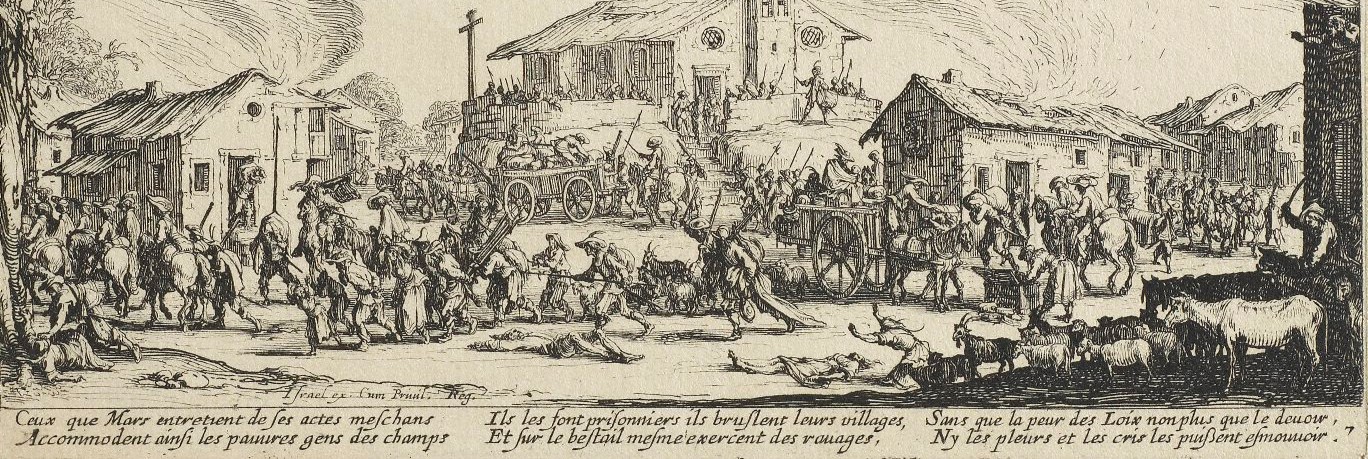By Stuti Subbaiah Kokkalera*
International human rights standards have traditionally been the responsibility of governments, aimed at regulating relations between the State and individuals and groups.  But with the increased role of corporate actors, nationally and internationally, the issue of businesses’ impacts on the enjoyment of human rights has been placed on the agenda of the United Nations. Over the past decade, the United Nations human rights machinery has been considering the scope of businesses’ human rights responsibilities and exploring
But with the increased role of corporate actors, nationally and internationally, the issue of businesses’ impacts on the enjoyment of human rights has been placed on the agenda of the United Nations. Over the past decade, the United Nations human rights machinery has been considering the scope of businesses’ human rights responsibilities and exploring
ways for corporate actors to be accountable for the impact of their activities on human rights. As a result of this process, there is now greater clarity about the respective roles and responsibilities of governments and business Read More »

 unanimously, which expresses full support and blessing of the international community to the peace process that is underway between the Colombian Government and the Revolutionary Armed Forces of Colombia – People’s Army (FARC-EP).
unanimously, which expresses full support and blessing of the international community to the peace process that is underway between the Colombian Government and the Revolutionary Armed Forces of Colombia – People’s Army (FARC-EP). On December 17, 2015, the arbitral tribunal of Prof. Gabrielle Kaufmann-Kohler, Prof. Don McRae and Prof. Karl-Heinz Boeckstiegel dismissed the claim filed in 2011 by Philip Morris Asia Limited (“PM Asia”) against the Commonwealth of Australia (“Australia”) under the Agreement between the Government of Australia and the Government of Hong Kong for the Promotion and Protection of Investments, 1993 (the “BIT”)
On December 17, 2015, the arbitral tribunal of Prof. Gabrielle Kaufmann-Kohler, Prof. Don McRae and Prof. Karl-Heinz Boeckstiegel dismissed the claim filed in 2011 by Philip Morris Asia Limited (“PM Asia”) against the Commonwealth of Australia (“Australia”) under the Agreement between the Government of Australia and the Government of Hong Kong for the Promotion and Protection of Investments, 1993 (the “BIT”)